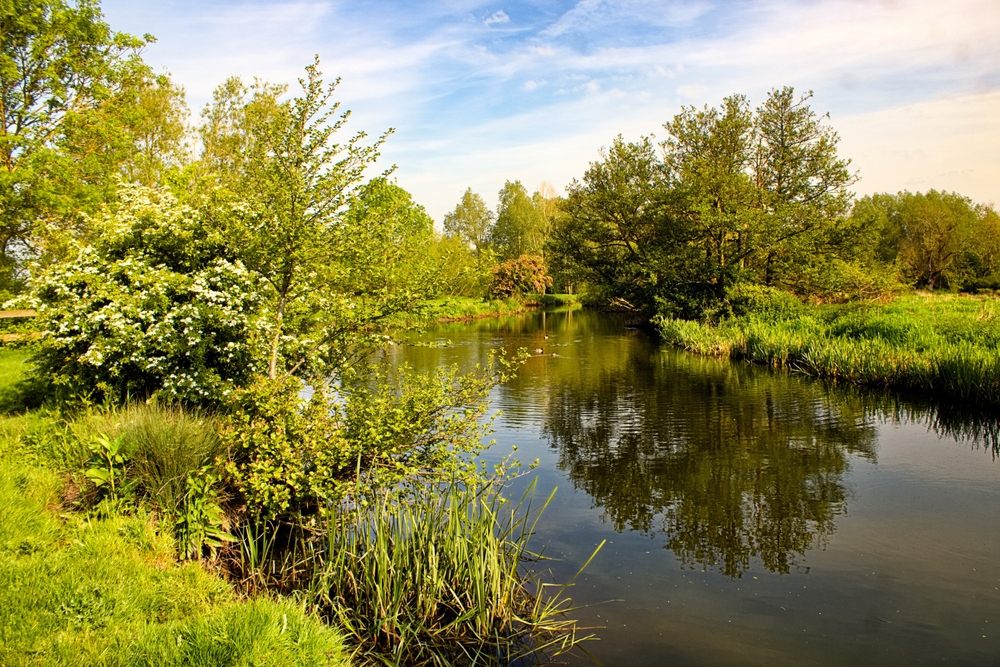Neonicotinoids are banned across the European Union.
Others are reading now
England’s rivers are more than just waterways — they’re lifelines for wildlife and a barometer of environmental health. But new research reveals that these lifelines are under serious threat.
A type of pesticide known to devastate bee populations has been found in 85% of the rivers tested in England, raising serious concerns about the health of ecosystems across the country.
Neonicotinoids, the chemicals in question, are banned across the European Union but have been approved for use in the UK every year since 2021, according to Digi24.
Known for their harmful effects on bees, these pesticides don’t just stop at pollinators. The analysis shows they’re also affecting aquatic insects and other species, with potential ripple effects through the food chain.
Also read
A Troubling Trend
Environmental groups The Rivers Trust and Wildlife and Countryside Link reviewed government data on pesticide levels in rivers between 2023 and 2024. What they found was disturbing.
Not only were neonicotinoids present in 85% of samples, but this marks an increase from 79% in the previous testing period.
Areas tied to sugar beet farming, such as East Anglia and East Midlands, showed the highest levels of contamination.
It’s not just pollinators that are at risk. Aquatic insects and fish populations may also feel the effects, with long-term consequences for the birds and animals that rely on them.
“This widespread pesticide contamination is another glaring symptom of intensive agriculture and nature’s decline,” said Richard Benwell of Wildlife and Countryside Link.
Monitoring in Decline
Adding to the problem is a drop in the number of rivers being tested. From 2020-2022, 43 rivers were monitored.
That number fell to just 27 in the most recent period — a reduction of over a third.
Conservationists warn this decline in oversight reflects a troubling lack of resources for the Environment Agency and hampers efforts to address the issue.
While UK leaders have pledged to phase out neonicotinoids, the government is currently considering an application to allow their use on sugar beet crops for a fifth consecutive year.
Conservationists argue that granting this request would deepen the environmental crisis.
“The damage these chemicals do is undeniable,” said Barnaby Coupe of Wildlife Trusts. “If we’re serious about protecting nature, it’s time to stop this for good.”








